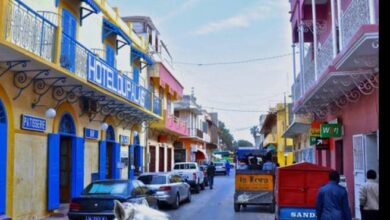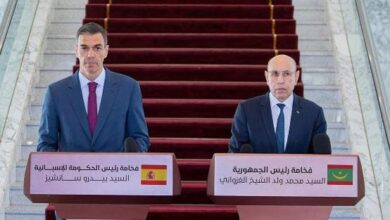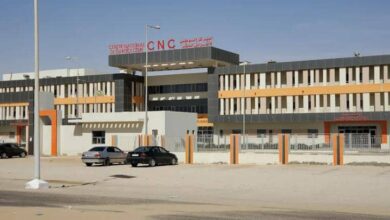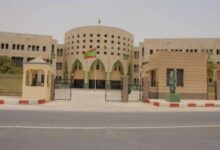Poverty and Poor Governance in Mauritania: When Wealth Is Wasted and Citizens Are Marginalized
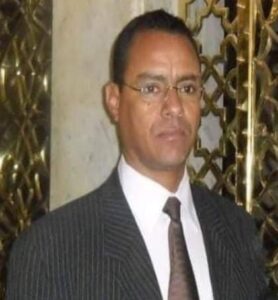
By: Mohamed Abdarahman
Abdullah – Journalist
Despite the vast wealth Mauritania possesses—from minerals, fisheries, and fertile agricultural lands—poverty gnaws at large segments of society, basic services deteriorate, and good planning is absent as the country is managed with a makeshift mentality.
What explains this stark contradiction between potential and reality? Is it a shortage of resources, or poor governance and failure in public administration?
1. Resources Are Depleted but Not Invested
Iron, gold, copper, gas… Mauritania has exported these resources for decades.
Yet instead of improving citizens’ lives, revenues are squandered through corruption or captured by a small elite.
In the absence of transparency and accountability, wealth becomes a curse rather than a blessing.
2. Poverty as a Daily Reality, Not an Exception
Citizens in cities and villages live at subsistence levels:
High prices without oversight,
Chronic unemployment,
Lack of schools and teachers,
Hospitals lacking proper equipment,
And an administration that views citizens as numbers, not partners.
In rural areas, conditions are harsher: drought, marginalization, and absence of infrastructure.
3. Poor Governance: The Core Problem
Good governance means:
Planning based on realistic foundations,
Fair distribution of wealth,
Fighting corruption,
And achieving efficiency and effectiveness.
But in Mauritania, decisions are made individually, projects are managed chaotically, and leadership appointments depend on loyalty rather than competence—making the state incapable of addressing challenges.
4. Lack of a Comprehensive National Vision
Until today, there is no clear national plan for:
Achieving food security,
Directing investments,
Reforming education,
Or creating real job opportunities.
Successive governments repeat the same cycle: big promises, weak implementation, and disappointing results.
5. The Citizen: Victim of a Closed System
With a lack of transparency, weakened independent media, and a fragile civil society, citizens find themselves outside decision-making processes.
They are neither consulted nor addressed—only asked to be patient.
But poverty is not fate; it is the result of policy, stemming from wrong or corrupt choices.
6. Towards Fair Governance… Is There Hope?
To overcome poverty and poor management, Mauritania needs:
Sincere political will that puts citizens first;
Strong institutions that monitor and hold accountable;
Justice in project and development distribution;
And genuine citizen participation in setting national priorities.
Conclusion: Wealth Without Governance = Sustainable Poverty
Mauritania is not poor… but it is managed with a mentality that produces and reproduces poverty.
When trust in the state is lost, talents marginalized, and power monopolized, wealth is of no use.
Liberation from poverty begins by freeing the state from poor management and liberating decision-making from corruption and nepotism.


